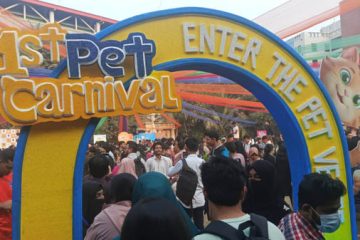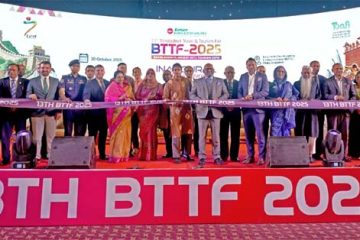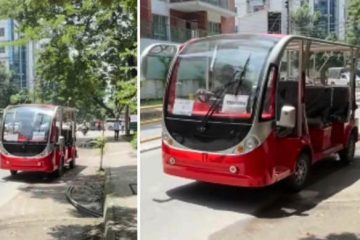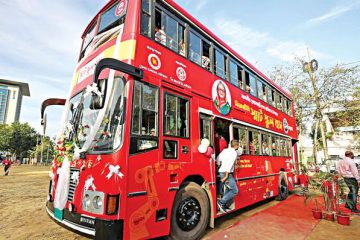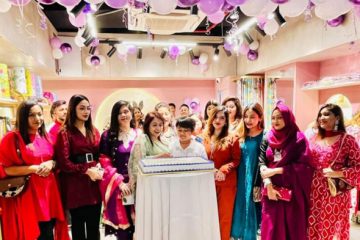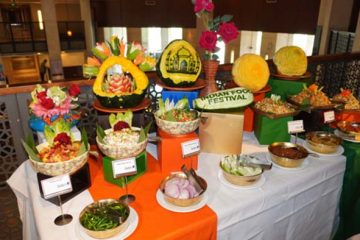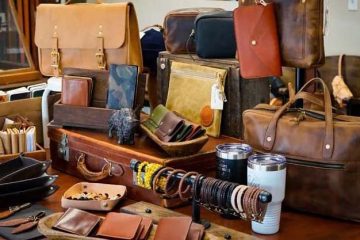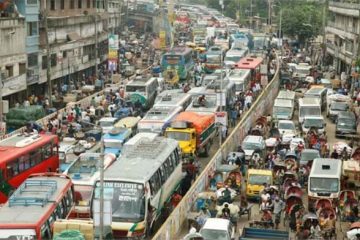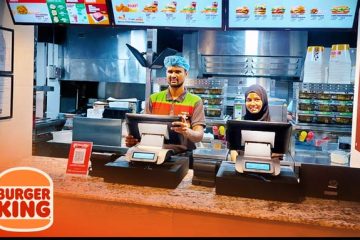“It is not a life”
Staff Correspondent
The rootless people now living in city’s at least 4200 slums have been passing days without food, pure drinking water, sanitation and treatment.
“We don’t have any land in our village. We want to do work. We have lost everything due to various natural disasters like flood, storm and river erosion. We don’t get any job or work opportunities in our villages. For what, shall we stay in our villages? So we have come to the city for our livelihood. Earlier, I along with my family members was living on the footpath. Later one of my relatives arranged a house in this slum which is surrounded by criminals and various drug peddlers. There is no arrangement of pure drinking water, sanitation and other basic needs. Thick odour always covers the slum area due to lack of drainage system. On the other hand, we have to always struggle to contain diarrhoea, skin and other diseases as water surrounding us are contaminated. Especially, even I fail to arrange two times meal for my family members. My wife and daughter work as maid servants to nearby residential area. I can’t provide security to my young girl as various groups of youths mostly involved in criminal activities and drug addict always remark indecent language targeting her. Sometimes many people from different non-government organisation come to us and want to know our latest condition but they don’t solve our problems. This is our life style,” talking to The Bangladesh Today, Mohammad Munsur Ali, a 50-year old rickshaw puller narrated at Karwan Bazar slum on Tuesday.
This correspondent while visiting different slums, came across the same arguments: “It is not a life. I have been divorced two years ago. First time I could not understand where I should go. One day in the morning, two young persons came to me and asked me to follow their suggestion for better life. Later they handed me over two kilogram cannabis and told me to start selling. Since then I have been doing this business. I didn’t want this life. I had wanted to live with my husband and kids in a tiny house. But at last I have taken this path to continue my life,” a 26 years old divorced young woman who refused to disclose her name, told this correspondent at Tejgaon railway slum.
Talking to The Bangladesh Today Millatul Islam, an official of Slum Development Department (SDD) of Dhaka City Corpor-ation said officially the number of slums in city is 1093 but unofficially the number of slum is 4200.
“On the basis of our survey, officially some 12 lakhs people are living in these slums in the city. But unofficially, the number of slum dwellers will be three times higher. The slum dwellers are passing inhuman life,” he said, adding that all projects taken by the government to upgrade the life style of slum dwellers ended earlier. “Now the government doesn’t take any initiative to develop the slum dwellers’ life style. Only a project relating to education is now being implemented in the slum by the non-government organisation.” Replying to a query, the official said DCC doesn’t have any regulatory body to oversee the criminal activities committed in the slum areas.
He said DCC already informed the newly elected government about the present situation prevailing in and around the slum area. “We have already called upon the new government to take effective measures to lessen sufferings of the slum dwellers,” he added.
Courtesy: thebangladeshtoday.com

